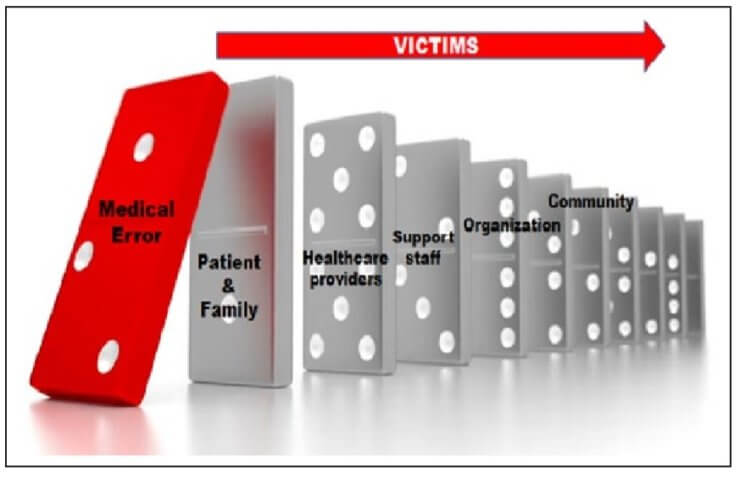
As the text notes, hospitals can be held liable for corporate negligence if they allowed an incompetent physician to have clinical privileges. As a member of the hospital governing board, which has the ultimate decision-making authority regarding appointments and privileges, you have received the recommendations of the medical staff for appointments and privileges to your hospital, what questions would you ask the medical staff in regards to the screening process for applicants?
As a member of the hospital governing body with the ultimate decision-making to appoint and grant physician privileges, the questions I will ask medical staff are the screening recommendations and background check process used by the Employment Screening Resources (ESR), an accredited consumer reporting agency. At the outset, there will be two levels of due-diligence questions that need to be effectively answered such as the need and necessity to confirm physician’s medical credentials and the need for a complete and thorough due-diligence background checks that are applicable but specific to specific privilege.
As it was stated by the ESR, “ an organization may wish to obtain an in-depth background, which may also include verified professional references, verification of clinical activities for the past 6-12 months, and lifetime healthcare related employment, and malpractice insurance and ten year history” (Employment Screening Resources, n.d.). See below for specifications:-
| Type/Source of Information: | Reason to obtain | Information Provided |
| Credentialing Information | Verification of information relating to a physician’s credentials | The Physician credentials report is drawn from a number of sources in order to give an overview of the professional status of a medical doctor. (Note: this is a “due diligence” credentials report. It is not meant or intended to be used in a formal “credentialing process.” See additional material below) The information includes the full name, date of birth, and gender, current location of a physician??? practice, educational background, states in which a physician is licensed to practice or has held a license, honors, specialty certificates, if sanctions has even been imposed by the DEA, FDA or Department of Heath and Human Services, and records concerning disciplinary action from 67 State Medical and Osteopathic Boards (covering every state in America). |
| Background screening information from various public records and telephone verifications | Starting with the premise that candidates for physician positions are no more immune from problems and difficulties then any other professional group, ESR strongly recommends the following standard background screening procedures in order to conduct a due diligence search. | Criminal checks: A criminal check of state courts for felonies and misdemeanors. Depending upon the needs of the organization, the check can either be for a specific number of counties (such as last three counties), or for maximum protection, a search of every county where a candidate has lived, worked or studied for the past ten (10) years. For metropolitan areas, the search should also include the immediately surrounding jurisdictions; National Wants and Warrants: A search of governmental database of outstanding criminal warrants throughout the United States. A warrant is a court order to arrest a person based upon an outstanding criminal offense. Lawsuits: A search of upper level Civil courts, to uncover civil suits or judgements. (Similar to criminal check described above); Federal Court: A check of each Federal District Court both criminal and civil where a candidate has lived, worked or studied; Credit Report: A credit report (critical to confirm past addresses and employment, public records such as judgements, liens or bankruptcies and for other reasons. Please contact ESR for details); State driving record: A state driving record has a number of valuable uses, including an indication of substance abuse problems; |
| Additional In-depth Information | Can be used to supplement the credentialing information listed above | Educational verification Employment verification Personal and Professional References |
Not only should physicians hold adequate training and valid credentials, they should also validate to their patients that they reliably provide sound medical judgments, including their availability for medical emergencies. For example, doctors can leave instructions on their telephone voice mail systems that tell patients how they should respond (e.g., go to the nearest emergency room) to a medical catastrophe. This also comes from keeping up to date on changes in medical practices, procedures, and treatment methods. Governing members should discuss screening procedures for determining physicians’ ability to discuss groundbreaking medical treatments with their patients and the sound judgment to exercise sound caution about treatment methods.









